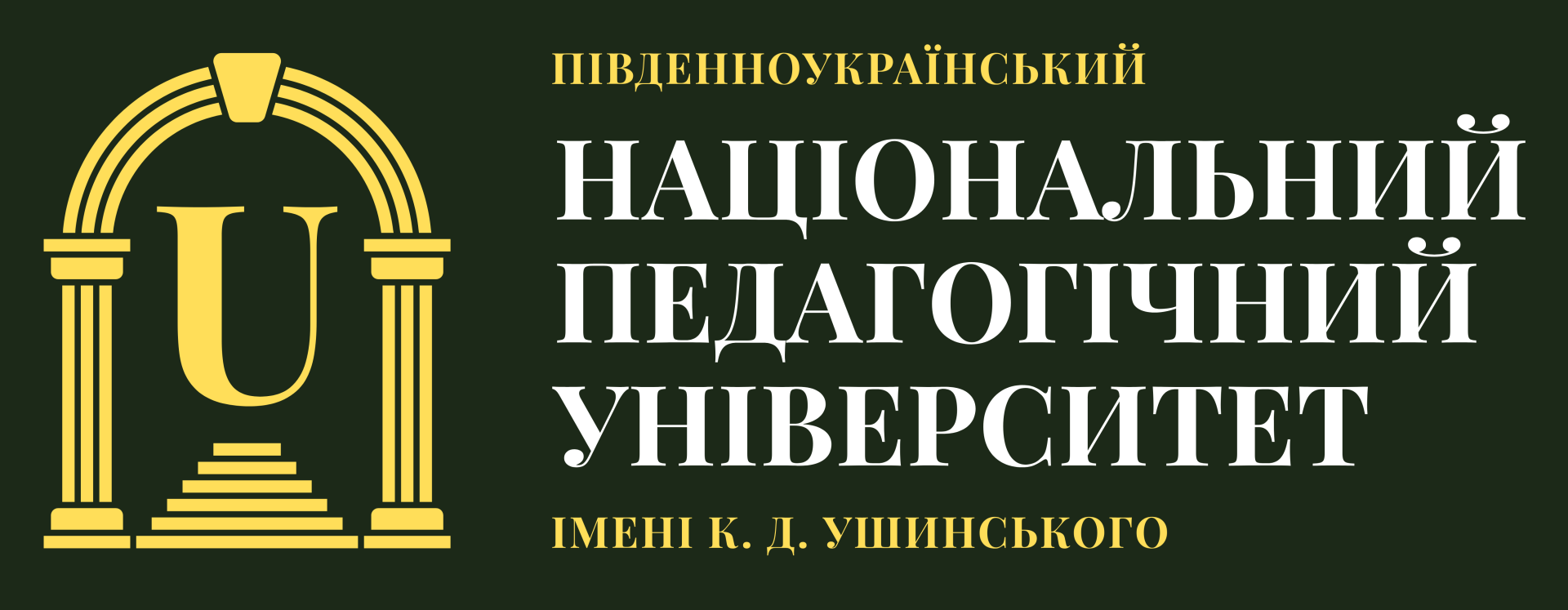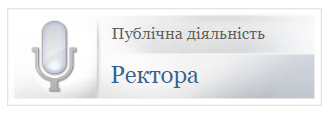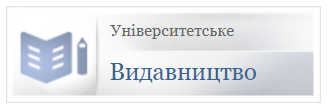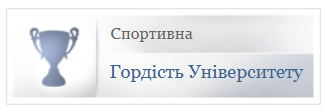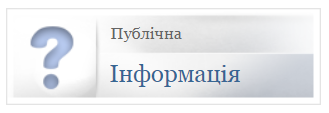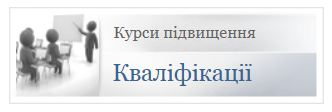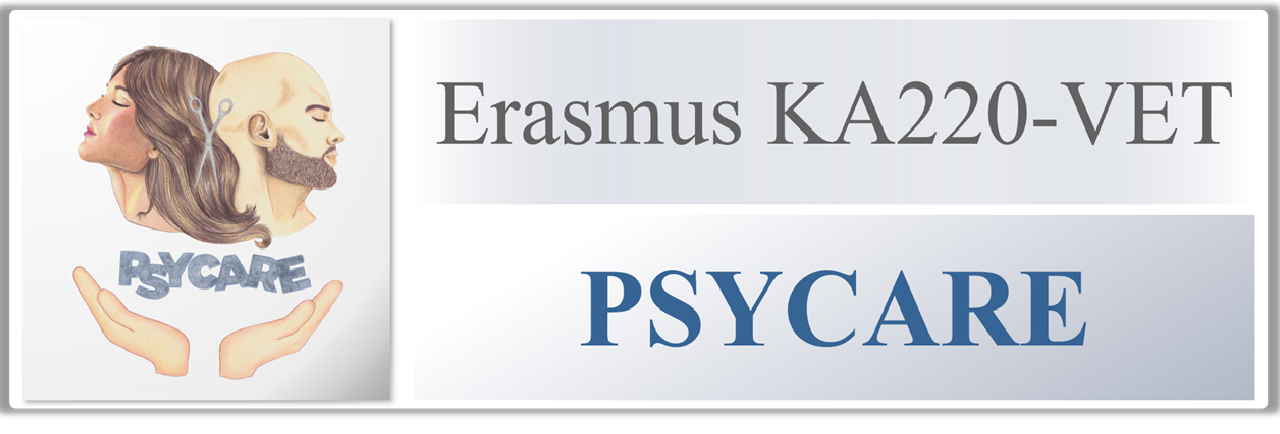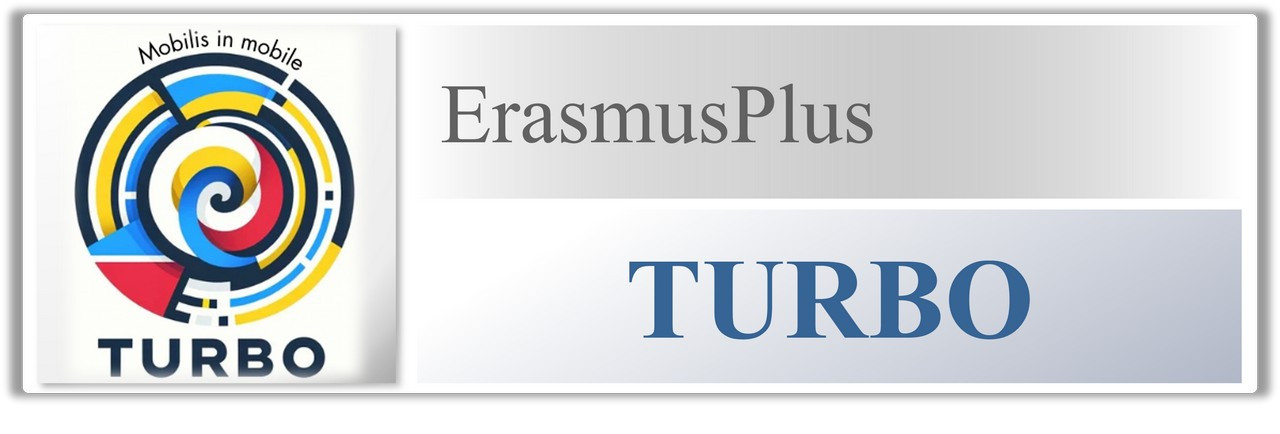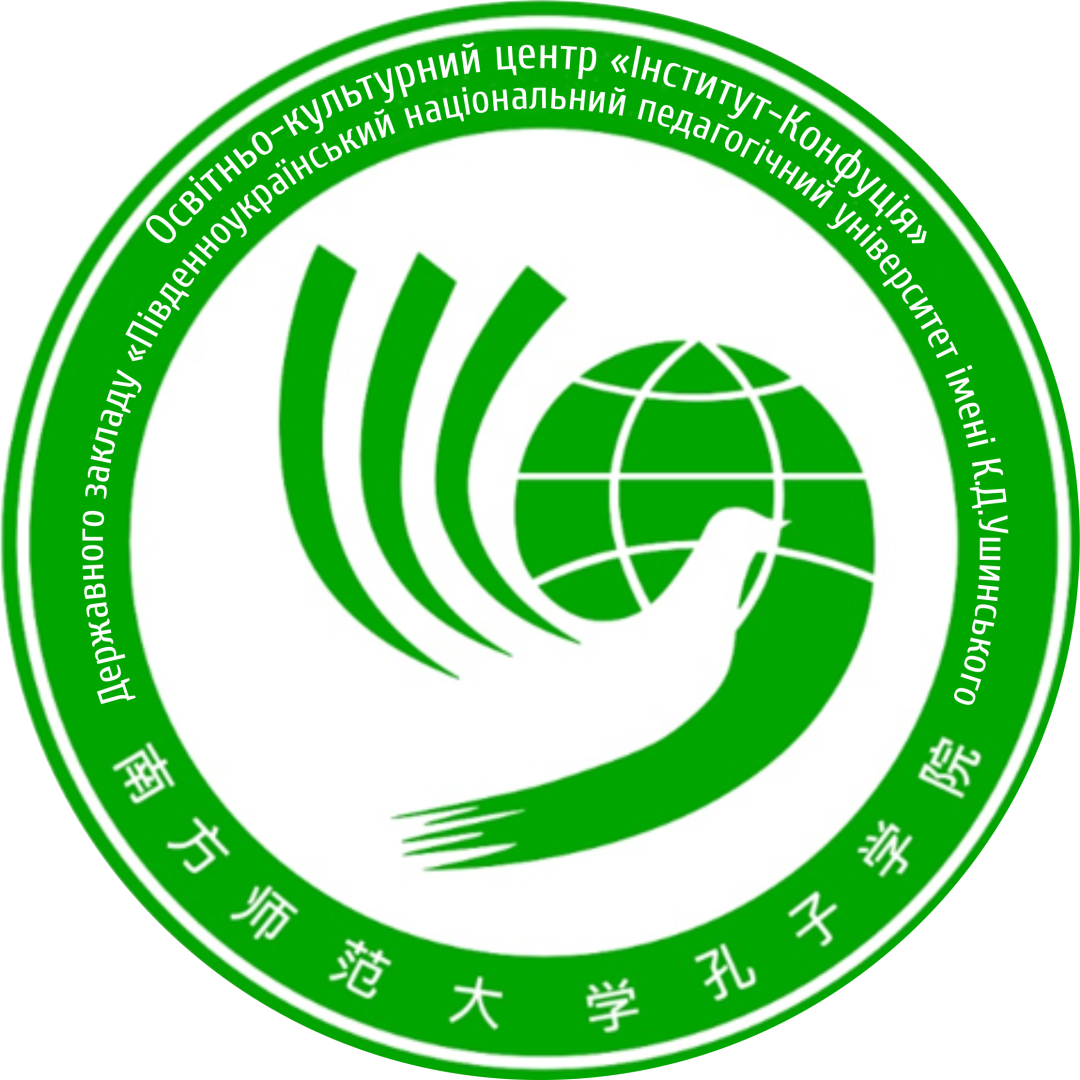
According to the plan of the project for 2014 - 2015 academic year, in December 13, there was organized the International scientific-practical conference «Ukraine and the world in the third millennium: political, economic, legal and cultural dimensions». The conference was attended by representatives of five countries: Slovakia, Czech Republic, Poland, Moldova, Ukraine. During the conference the following sections worked: the current problems of international relations; the political transformations in Ukraine in the context of global challenges; the Human Rights in Ukraine and the world; the economic component in international relations; sociocultural aspects of international cooperation; Philosophy in the modern information space. Official languages of the conference: Ukrainian, Russian, English, Slovak, Polish, Czech, Hungarian.
The conference was aimed to highlight the topical issues in international relations and both as foreign and domestic policies of European countries, including Ukraine.
Having discussed the reports on a plenary and breakout sessions during the conference, analyzed the domestic and foreign experience of experts in this area, the prospects of the socio-political crisis in Ukraine provided by effective international cooperation and dialogue in the domestic and foreign policy of using science-based achievements and innovative recommendations had been found. Only such an approach will be focused on the overcoming of the situations of the confusion and confrontation. Education and Science has no borders - that's the main argument for further cooperation. The development of a clear regulatory system should be directed at addressing and resolving of the international problems those have arisen in European political space both in theoretical and practical terms.
The organizing committee identified a number of proposals and recommendations, namely:
- to join the efforts of scientists in Europe to discuss the specifics of the current situation in the world considering the risks and dangers which are available due to the socio-political situation in Ukraine;
- to analyze the impact of post-totalitarian society transformation processes of the formation of value orientations of young people in order to identify the most important in modern political and socio-cultural space in order to identify the specific training of university students in modern Ukraine according to European standards;
- to relate scientific research, educational activities of universities of different countries in the framework of agreements on scientific and educational cooperation;
- to use more wide the exchange of experience teaching staff and students between European universities within the context of the Bologna Convention;
- to organize the exchange of the educational literature, teaching aids; actively introduce new and effective forms of training for postgraduate students, including online distance learning seminars, online system for the implementation of mixed (dual) training etc.
- to study the experience of other higher education institutions those implement the innovative technology and interdisciplinary relationships in education;
- to develop academic mobility of students prepare teaching several disciplines of humanitarian directional in English;
- to indicate the trends and prospects of the educational development, focused on the highlighting of various aspects of training, the level of training of which meets the current requirements with a view to close to the European standards;
- to organize scientific publications interchange with foreign editions;
- to increasingly the informing about the newest foreign experience in this area
- to involve graduate students and faculty to grant projects for moving closer to European values actively, improving Ukrainian educational space and cooperation with foreign counterparts;
- to expand the links with the European research institutions and universities. To profit the educational process of university teaching courses "Migratory processes in the modern world"
- to hold the annual international scientific conferences to promote leading practices.
The total number of participants – 132, 47 – schools. All materials of the conference were published.




